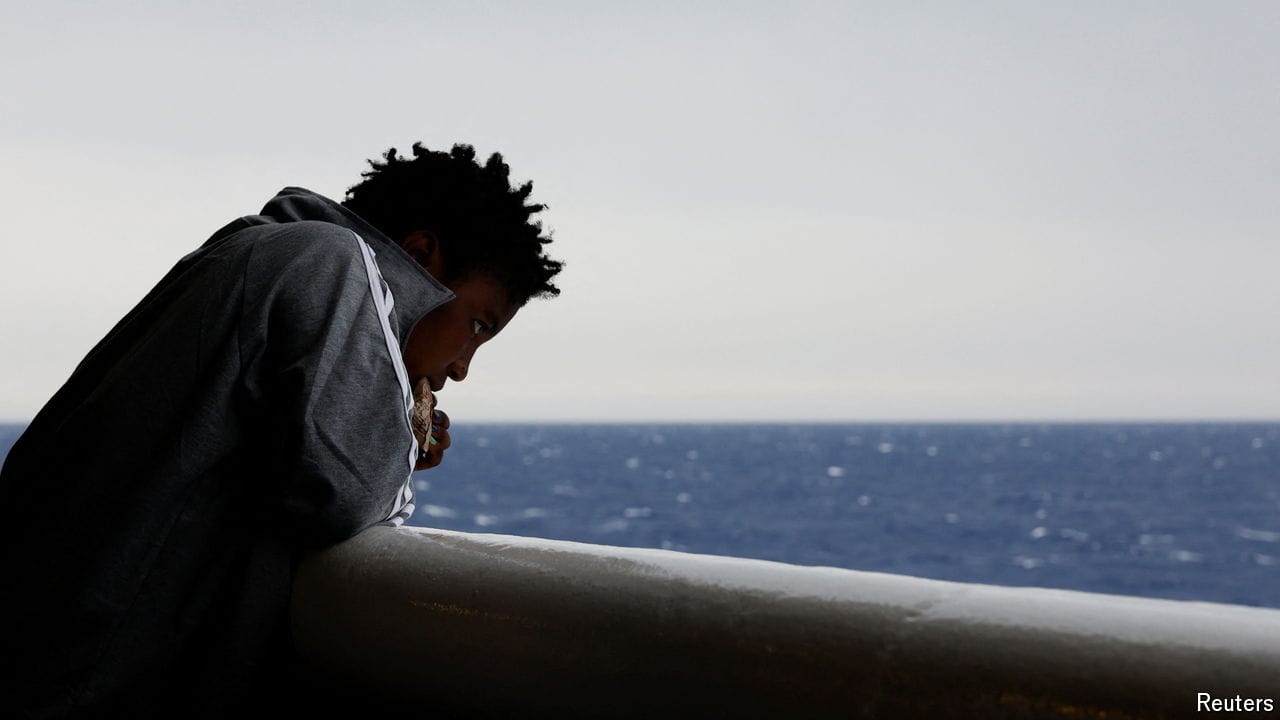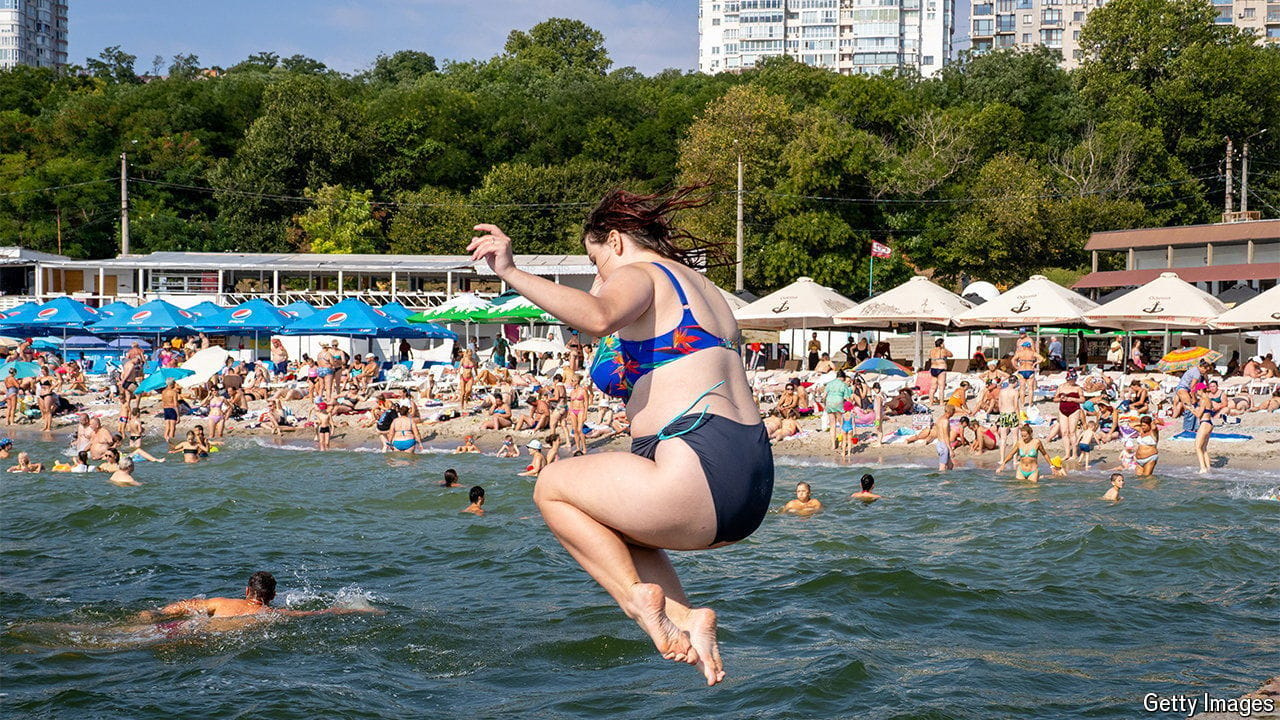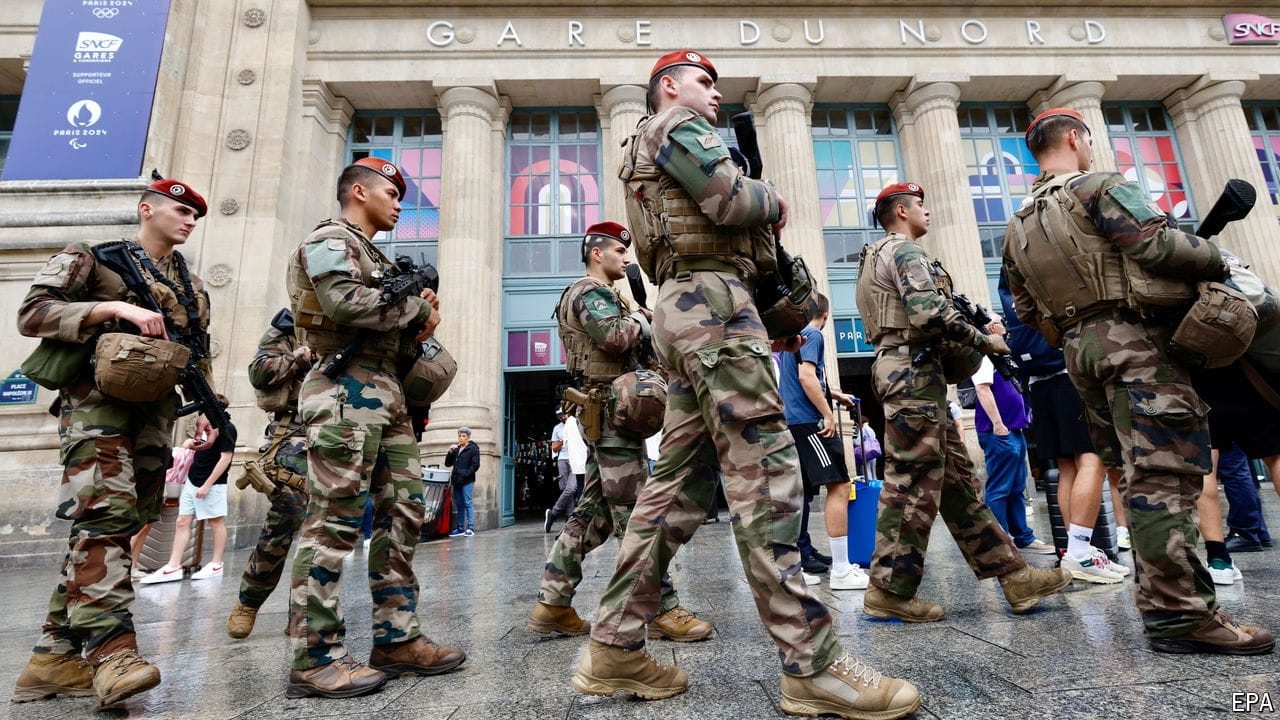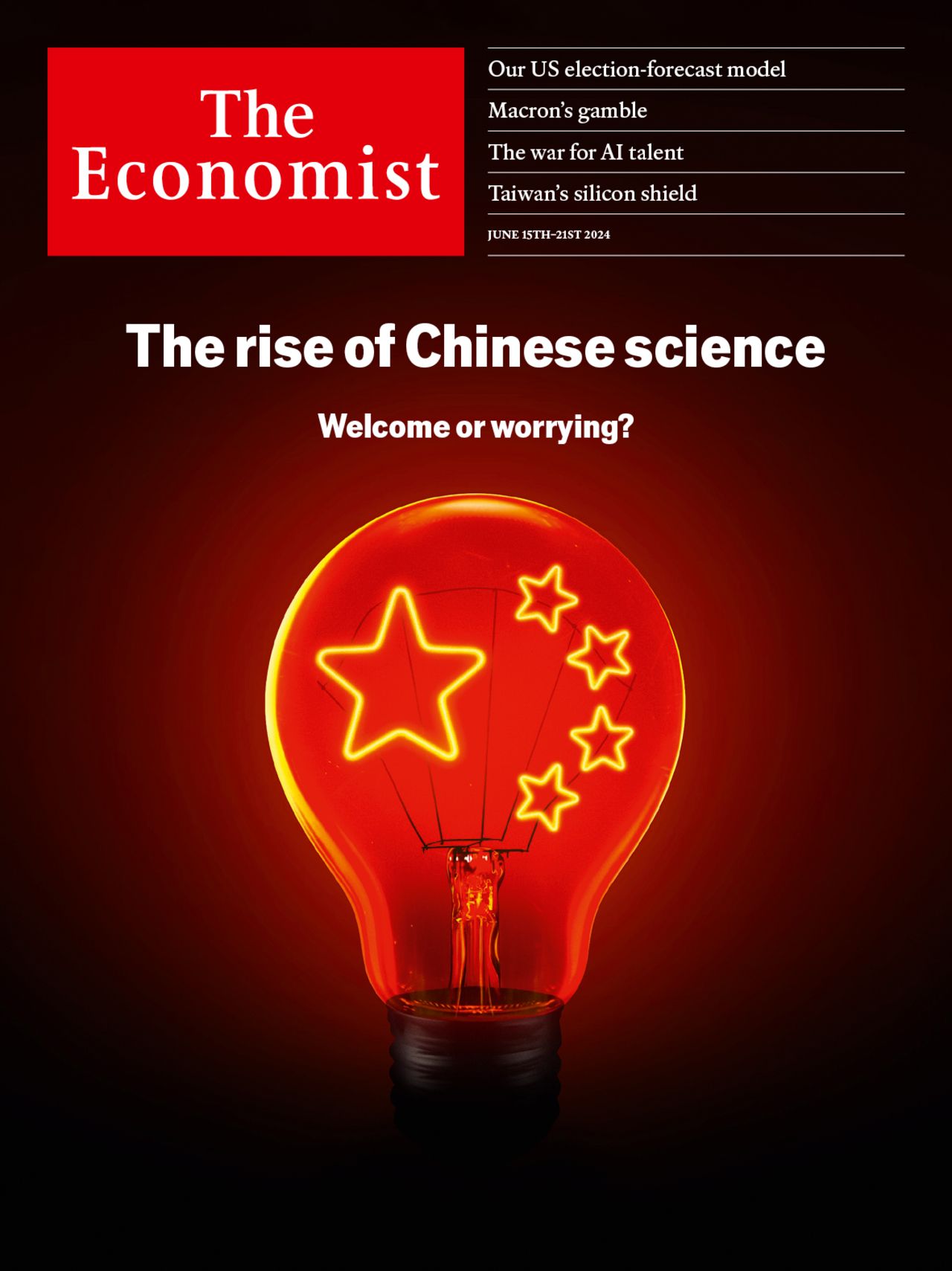Why France’s president called a snap election
The centre wants to weaken Marine Le Pen’s hard right, in or out of power

Emmanuel Macron is nothing if not a risk-taker. At the age of 38, an electoral debutant, he launched a new centrist party and went on to win the French presidency in 2017, barely a year later. Now Mr Macron has taken a fresh political gamble that puts his credibility and authority on the line for the three years that remain of his second term in office. His unexpected decision, announced on June 9th, to dissolve the National Assembly and hold snap elections in a two-round poll on June 30th and July 7th, has stunned even his own deputies, and left all parties scrambling to book venues, pick candidates and plan their campaigns.
Mr Macron’s decision was a response to crushing results for his party, Renaissance, at elections to the European Parliament on June 9th. The party took just half the vote secured by Marine Le Pen’s hard-right party, National Rally (RN). Her triumphant 28-year-old candidate, Jordan Bardella, scored over 31%, a party record at European elections. That evening, in a televised address, Mr Macron called his decision “grave, heavy”, but argued that he could not “carry on as if nothing had happened”. The fresh vote, the president declared, was consistent with the democratic principle that “the word should be given to the sovereign people”.
Explore more
This article appeared in the Europe section of the print edition under the headline “Macron’s mega-gamble”
Europe June 15th 2024
- Why France’s president called a snap election
- Beyond France, the European elections will deliver more of the same
- A peace conference over Ukraine is unlikely to silence the guns
- The tiny statelet of Transnistria is squeezed on all sides
- Politics overshadows a conference to raise money for Ukraine
- No wonder Macron’s gambling: Europe is home to the high-roller
More from Europe

Will a new “pact” of ten laws help Europe ease its migrant woes?
It will require an extraordinary number of institutions to work together

Amid the bombs, Ukrainians rediscover the beach
Odessa gives itself permission to tan again

Who was behind the arson attacks on railways before the Olympics?
With thousands stranded, suspicion falls on Russia or Iran
Italian right-wingers have renamed Milan’s airport after Silvio Berlusconi
A finger in the eye of those who detested the late populist leader
European countries are banding together on missile defence
The Ukraine war shows how dangerously few interceptors they have
Peter Magyar is reinvigorating Hungary’s struggling opposition
Attacking Viktor Orban’s corruption wins votes for a political newcomer
